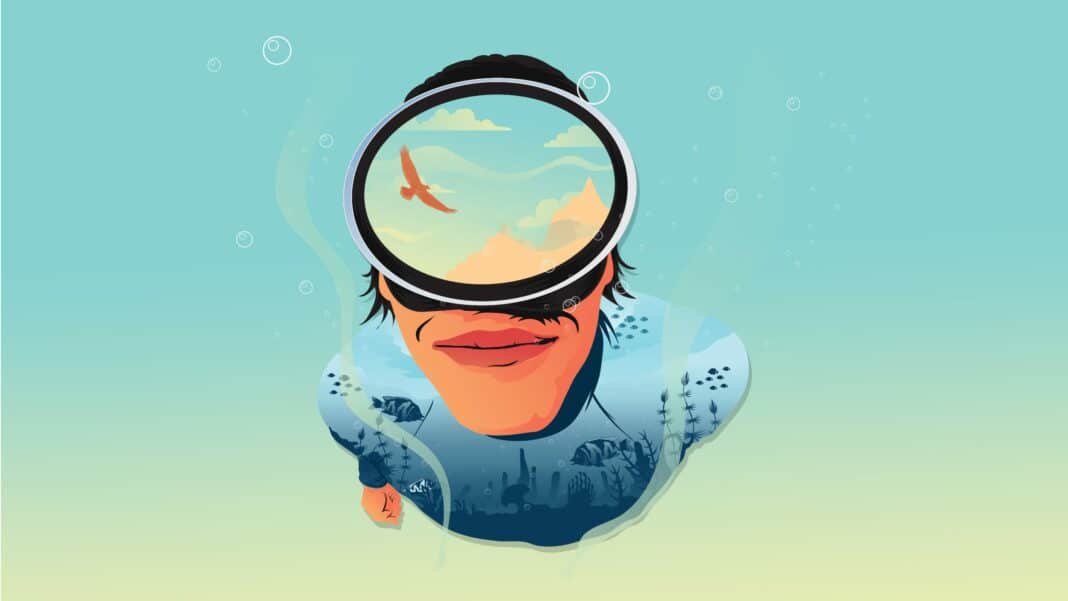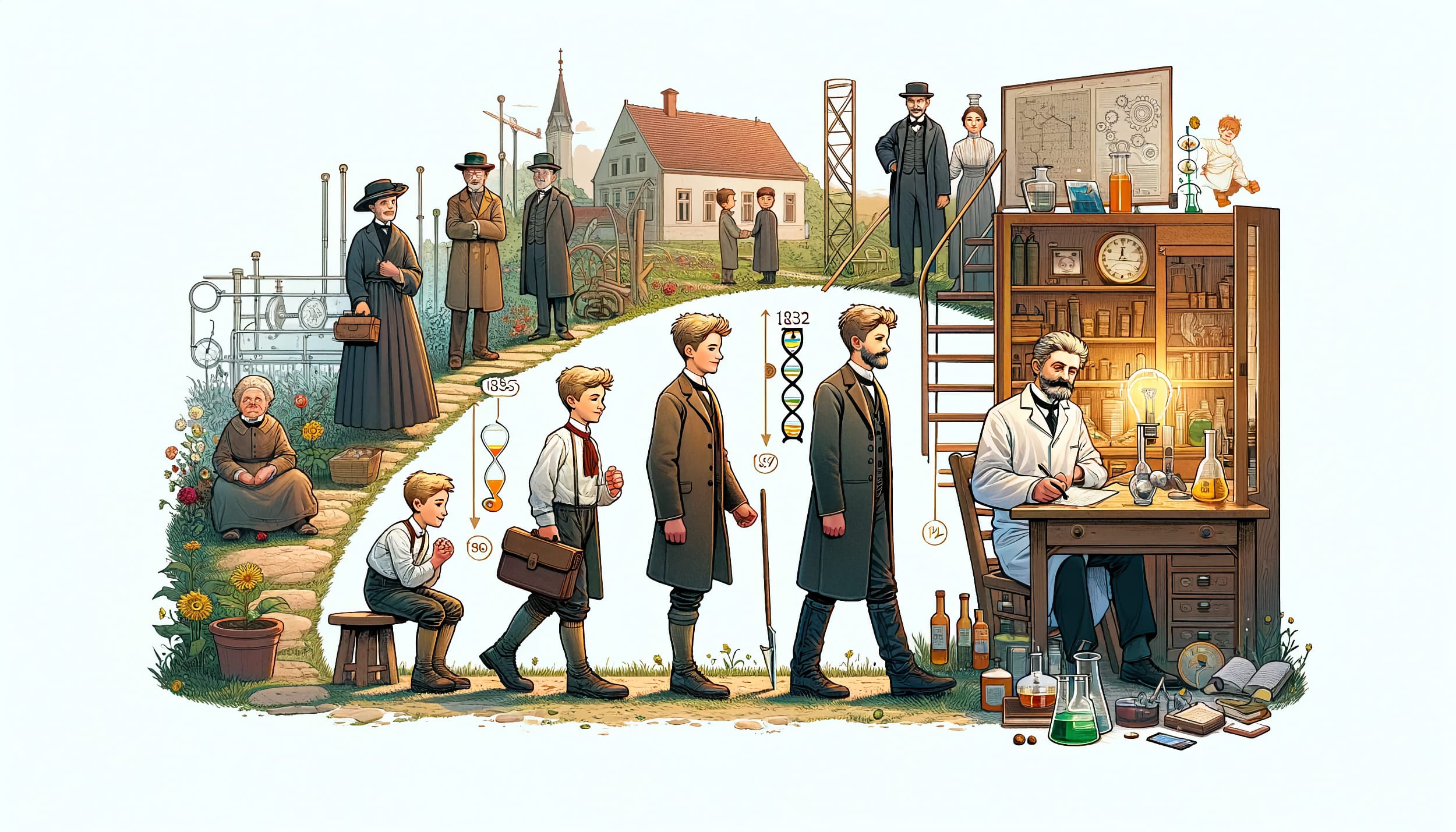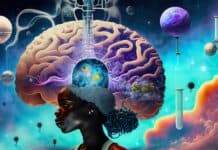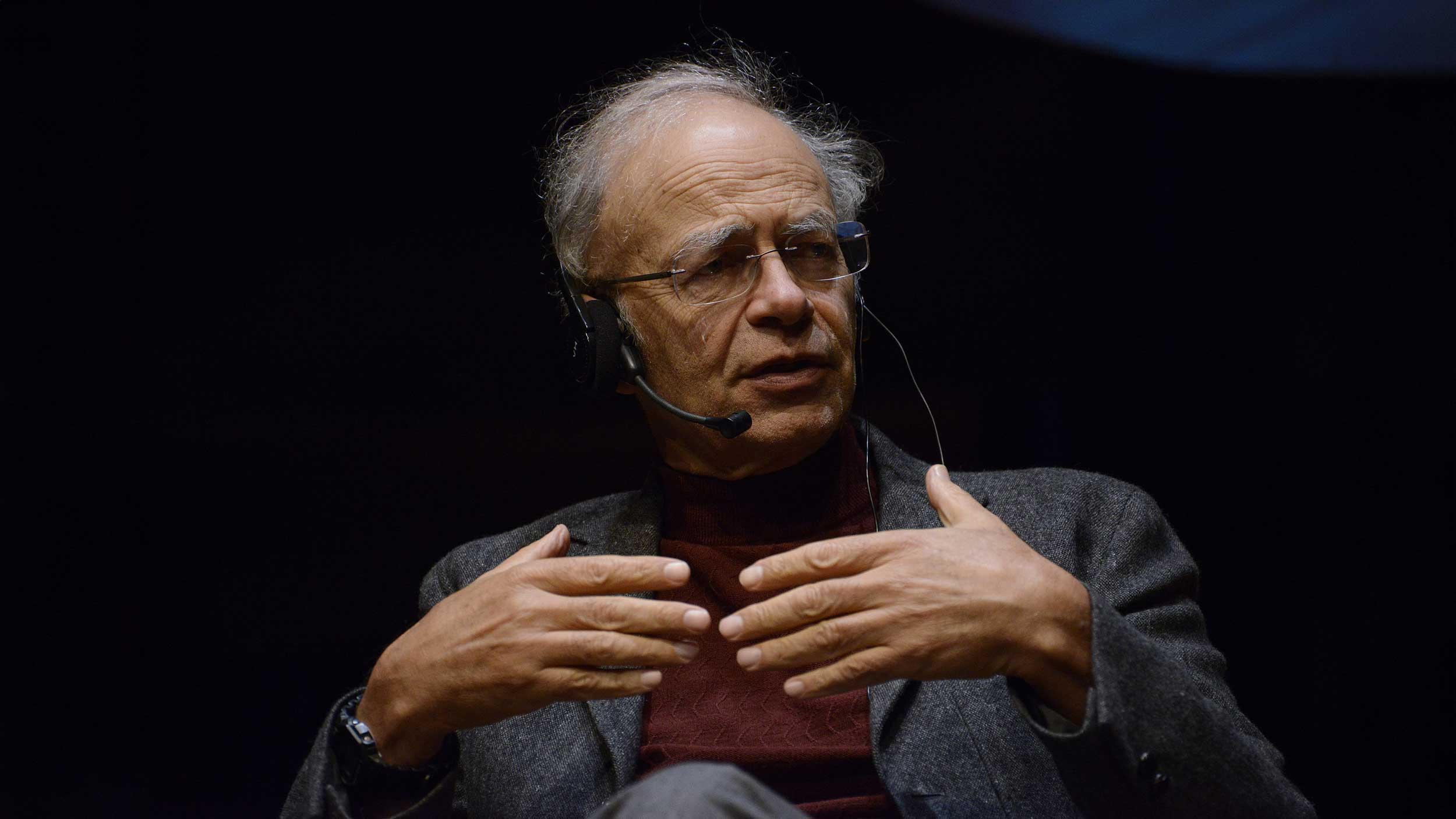In the famous scene from the cult film The Matrix, the rebel leader Morpheus places a blue and a red pill in front of the protagonist Neo. He explains that if he takes the blue pill, nothing will change in his life, but if he takes the red pill, he will see the world as it really is.
Although it may seem to us that Neo is primarily faced with the dilemma of whether or not he wants to know the truth, he is also confronted with another important decision. He must decide whether he can trust Morpheus to show him reality as it really is, and not a new false image of the world. He has to ask himself who assures him that the supposed leader of the rebels has good intentions and is not really an evil agent trying to deceive him?
Circumstances like the one faced by the protagonist in The Matrix are encountered in everyday life much more often than we might think. Of course, the situation is usually not as dramatic as in a film, but it is still about decisions that are important for individuals and for the community in which they live.
Every day we hear new shocking stories in the media and from people we know, but it’s hard to judge quickly whether they’re true. So the question is, is there perhaps a universal rule that could help us in such dilemmas?
The usual advice is to trust the experts. This makes sense, of course, but it is important to be able to judge who is a good expert in a particular field. We should be aware that even famous scientists, professors and even Nobel Prize winners occasionally say something unwise, even though they come from prominent academic institutions. Therefore, it is not advisable to trust someone blindly just because of their academic title.
It is even worse if we only trust individuals and media outlets that are close to our beliefs or worldview. Although we usually find the explanations of people close to our values understandable and convincing, ideological alignment can quickly lead us to become trapped in a closed circle of like-minded people. This approach can create a picture of the world that seems clear and convincing but is far from the truth. How can we avoid such delusions, which are not rare even among well-educated and intelligent people?
The first rule is that we must not base our conclusions on the views of individual scientists or on specially selected studies, but on the consensus of the scientific community. It is also useful to find out who is able to summarize the scientific consensus in a clear and understandable way. We should be particularly wary of “experts” who publicly proclaim that they have arrived at the “real” truth, when most other experts are supposedly deluded.
We should be aware that science is at its core a collective activity of many people who constantly comment on each other’s claims and point out possible mistakes. That is why only findings that have been thoroughly debated and verified in the scientific community are trustworthy, not the ideas of individuals who do not yet have the support of the community.
Of course, it happens that only one scholar has an important new idea at first, but for their idea to become scientific knowledge, they have to convince other scholars with arguments and evidence. The scientific community can quickly embrace new insights if they are well founded. But there is also a belief that extraordinary claims require extraordinary evidence.
The second rule can be adapted from the system used by Google. The key idea behind the development of the highly effective search engine was to use the links between web pages as votes to evaluate which hits were of higher quality and more reliable. In very simplified terms, the way the hits are scored is that the algorithm takes into account the number and quality of links to each page to determine the relevance of the site.
How could this approach be used to verify the reliability of the sources to which we are exposed in our daily lives? The simplest way to do this is to check who is trusted by people we think have a good overview of a particular area of expertise. For example, we ask ourselves which sources doctors trust when seeking answers to health questions that are not directly related to their work.
The third useful rule can be adapted from the Wikipedia community. Although anyone can contribute to this online encyclopedia, it is still a very reliable source of information, as all writers, even if they are good experts, must refer to reliable and verifiable sources when writing. Writers may only rely on sources that the editorial community considers reliable and trustworthy. Media found to be publishing lies and misleading information are banned as references.
In practice, it is important to combine the three suggested approaches in a meaningful way: (1) following sources trusted by experts, (2) being skeptical of information in the media that publishes false and misleading information and (3) trying to find out what the consensus of the scientific community is. The three methods described are not as simple as the magic pill in the film The Matrix, but they are important and useful because they do not depend on intermediaries who must be trusted uncritically.







Poklon in hvala, da pišete.